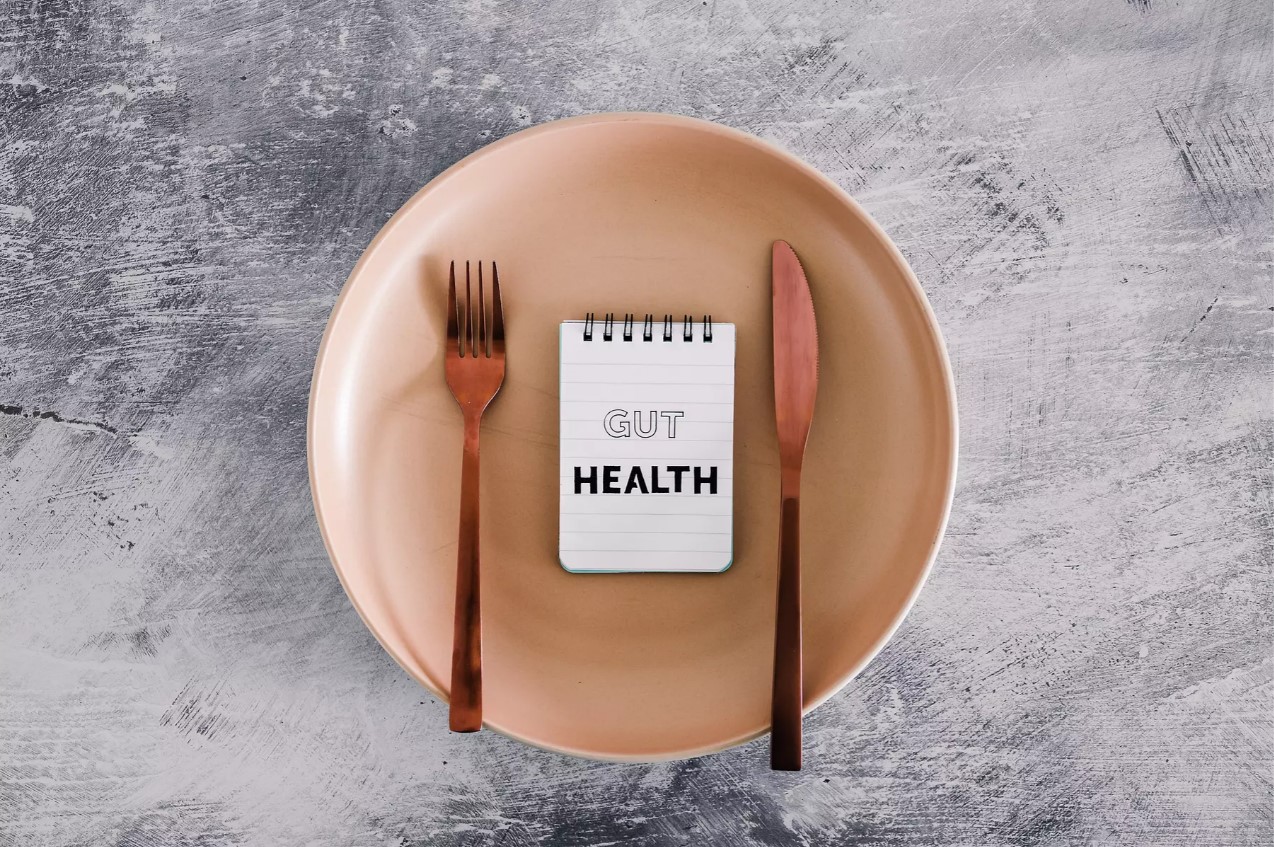Having a problem with diarrhoea? Find out more about your inner workings and what you can do to help maintain a healthy gut.
Diarrhoea – a sign of an unhealthy gut
The gut (or gastrointestinal tract) and its community of micro-organisms plays a complex role in our overall health and wellbeing, influencing many things ranging from our immune system to digestion – there is even a brain-gut connection!
But how do you know if everything is working as it should? One of the potential indicators of a healthy gastrointestinal system is the effective processing (digestion and absorption) of food and the elimination of waste material from the body. When this happens you are able to produce regular bowel movements that are well-formed, easy to pass and rarely have uncomfortable gut-related symptoms such as:
- Diarrhoea – passing loose or watery bowel movements more frequently than normal
- Wind or bloating
- Constipation
- Abdominal discomfort.
Why diarrhoea happens
To understand why bouts of diarrhoea occur, it helps to first know how a properly functioning ‘healthy’ gut is supposed to work.
How the gut works
Your gut is basically a twisting, hollow tube that starts with your mouth and ends with your anus. Its job is to take in food, break it down into its basic parts so that all the useful nutrients and water can be absorbed – and then expel any indigestible waste.
The colon (part of the large bowel or intestine) plays an important role in digestion. After our food has passed through the stomach and small intestines, the mostly liquid left over digested food enters the colon. The colon is where bacteria breakdown the remaining materials and where most of the water is absorbed – transforming the liquid waste into a solid stool.
Certain kinds of disruption to the normal digestion and absorption processes in your gut can cause bouts of diarrhoea – including processes that prevent water being absorbed, increase the speed at which food moves through the gut or cause too much fluid to be secreted back into the gut.
Good and bad bacteria
Did you know that we have approximately 100 trillion micro-organisms – mostly bacteria – living in our gut? These micro-organisms, collectively called the gut microbiome, are mostly found in the colon and play a vital role in our nutrition and many other essential body processes.
Everyone’s gut microbiome is unique and made up of many different types of bacteria – some are helpful or ‘good’ while others may be harmful or ‘bad’. Usually, when we are healthy, they coexist without causing problems.
If the normal gut ‘balance’ is upset and your colon isn’t working the way it should, then this is when you may experience problems such as diarrhoea, bloating, gas or abdominal pain.
Helping to maintain a well-functioning gut is important
Diet and gut health are closely linked – certain foods and dietary patterns can influence the types of bacteria in the gut, which may then affect your health.
- Help promote a healthy colon by choosing a high-fibre diet that includes mostly fruits and vegetables.
- Sources of prebiotic fibre – which help feed your ‘good’ bacteria – include fruits, vegetables, beans and whole grains.
- Probiotic foods – that contain live ‘good’ bacteria – may further alter one’s microbiome, and include fermented foods such as kefir, yoghurt (with live active cultures), pickled vegetables and sauerkraut.
How GASTRO-STOP can help
When diarrhoea is the problem, over-the-counter anti-diarrhoeal medications – like GASTRO-STOP and GASTRO-STOP PLUS – can be used for short-term symptom relief to help you get back to your normal daily activities.

